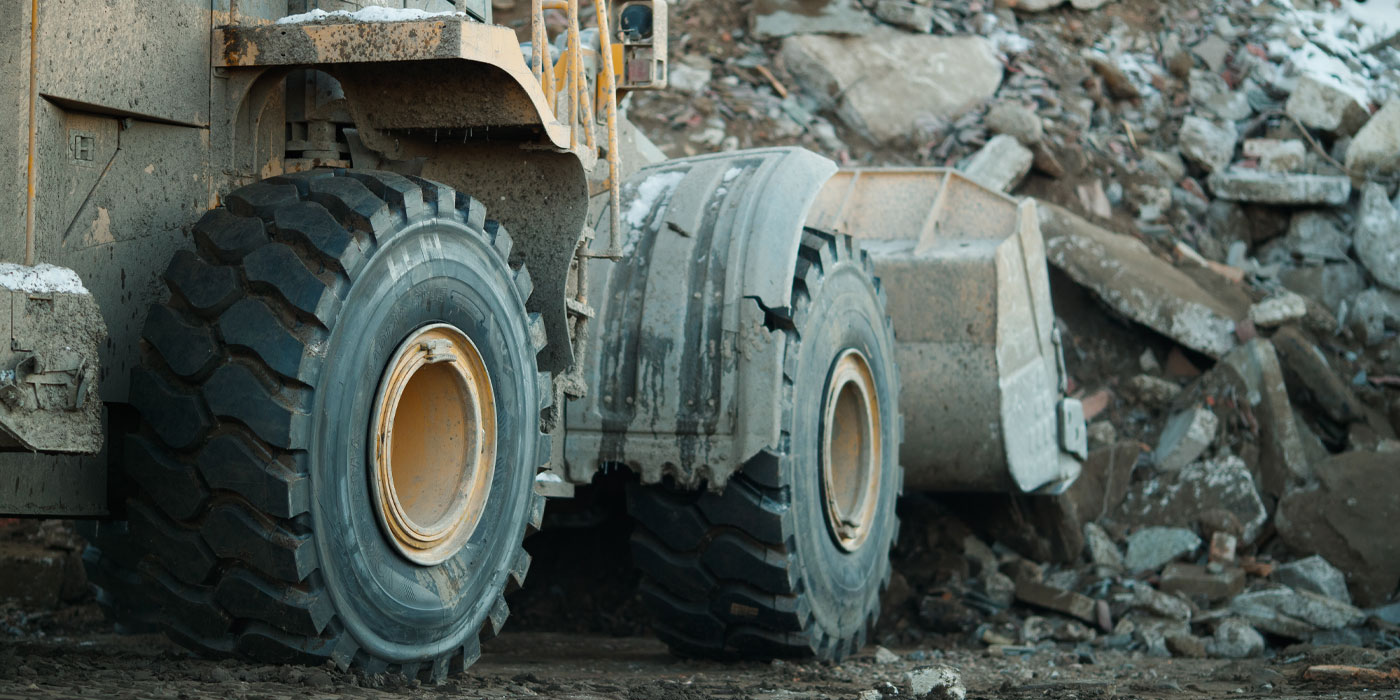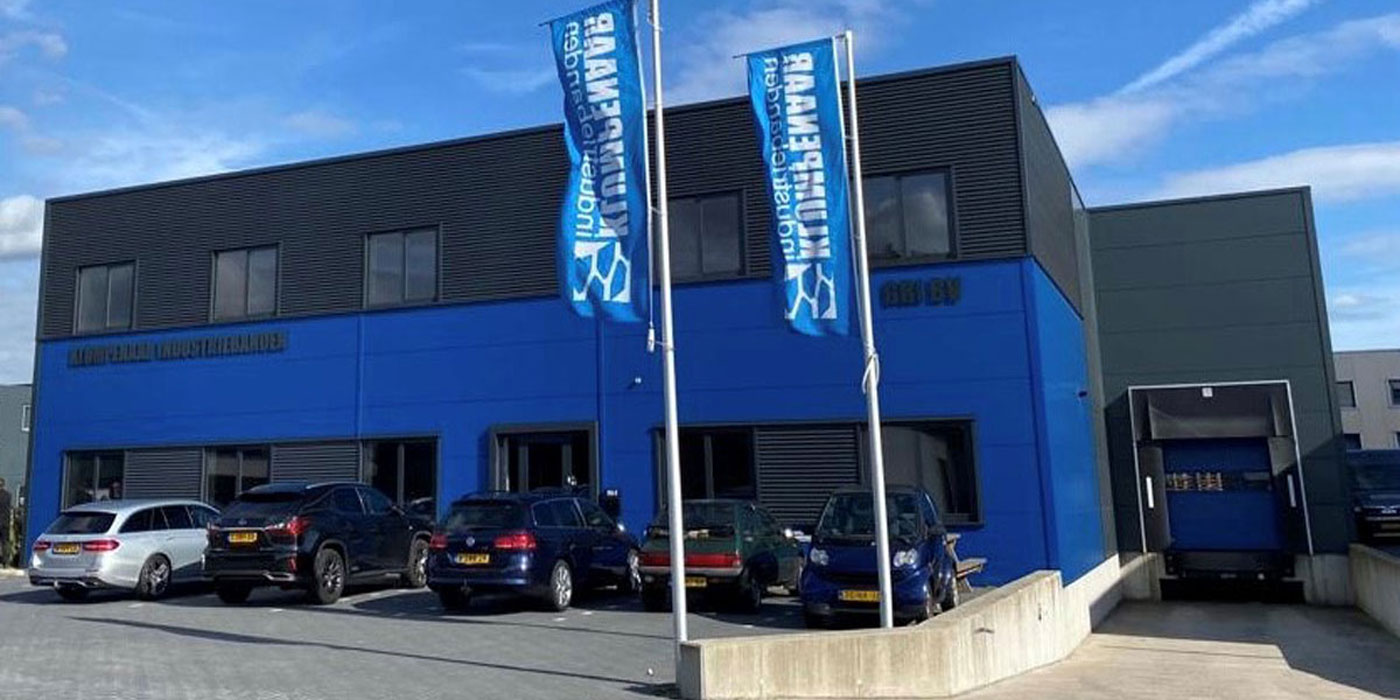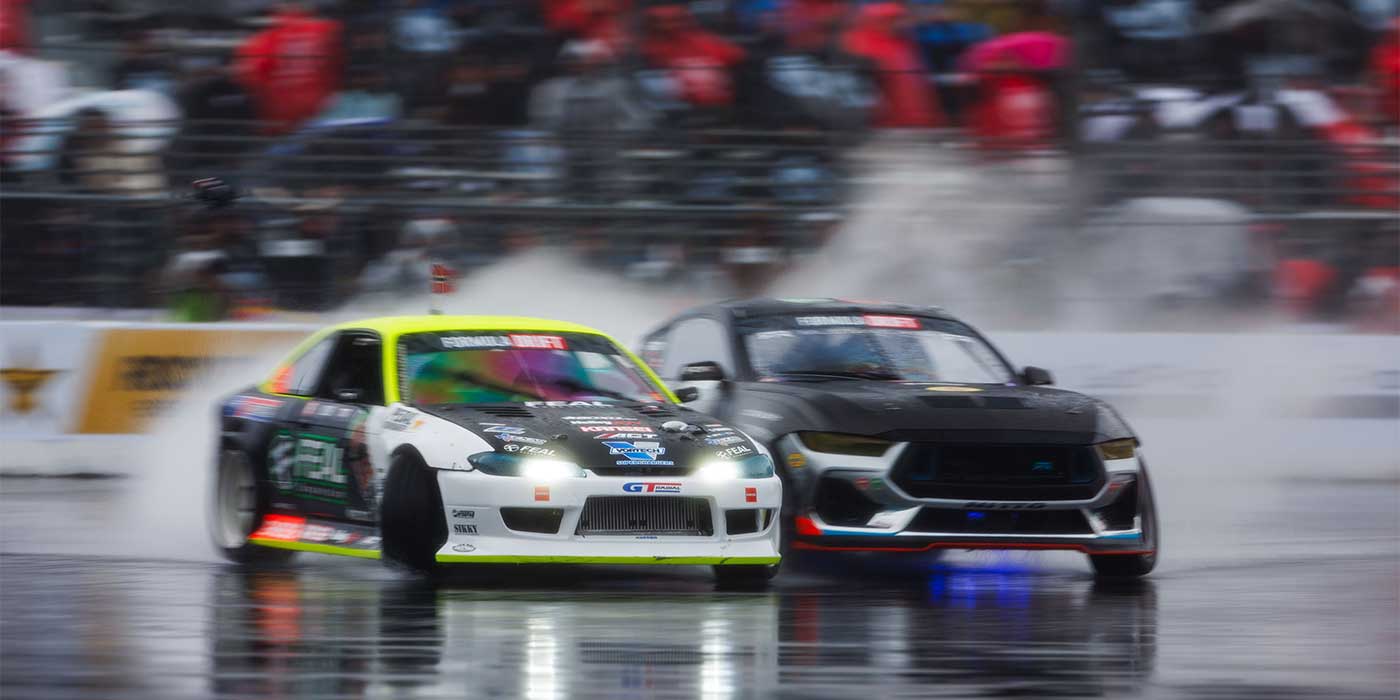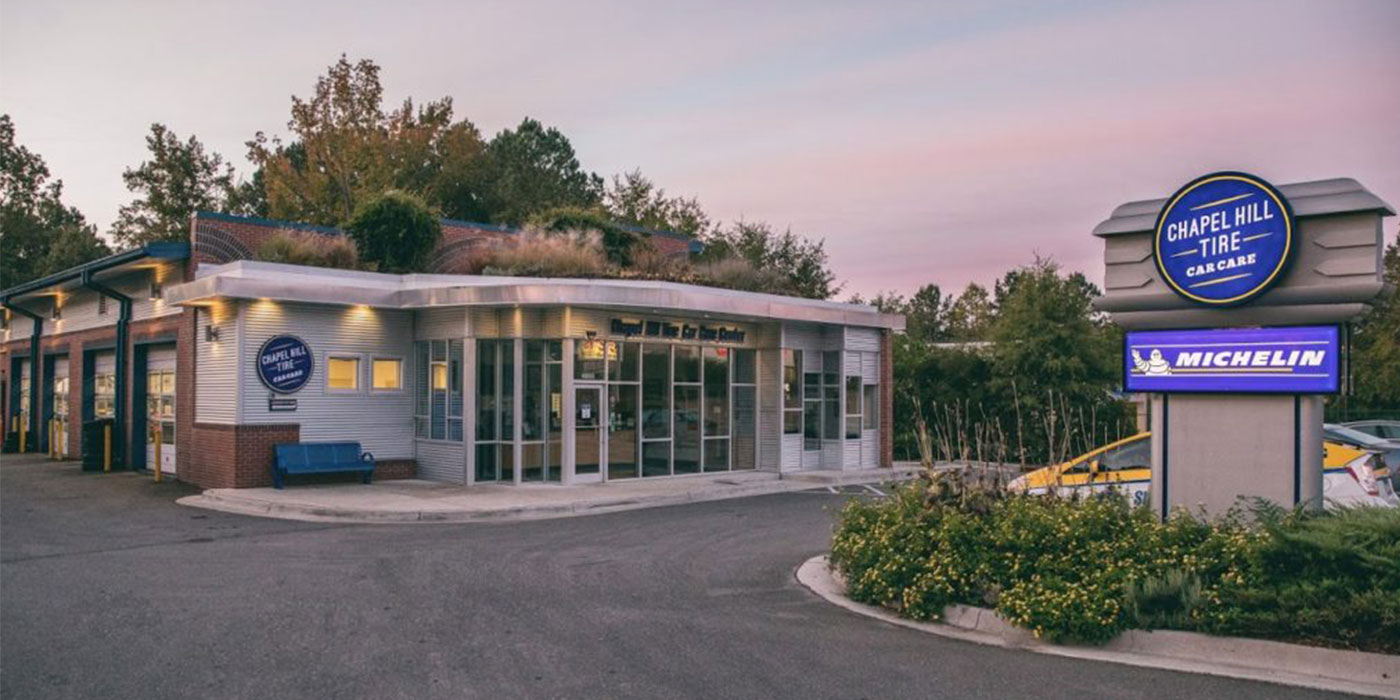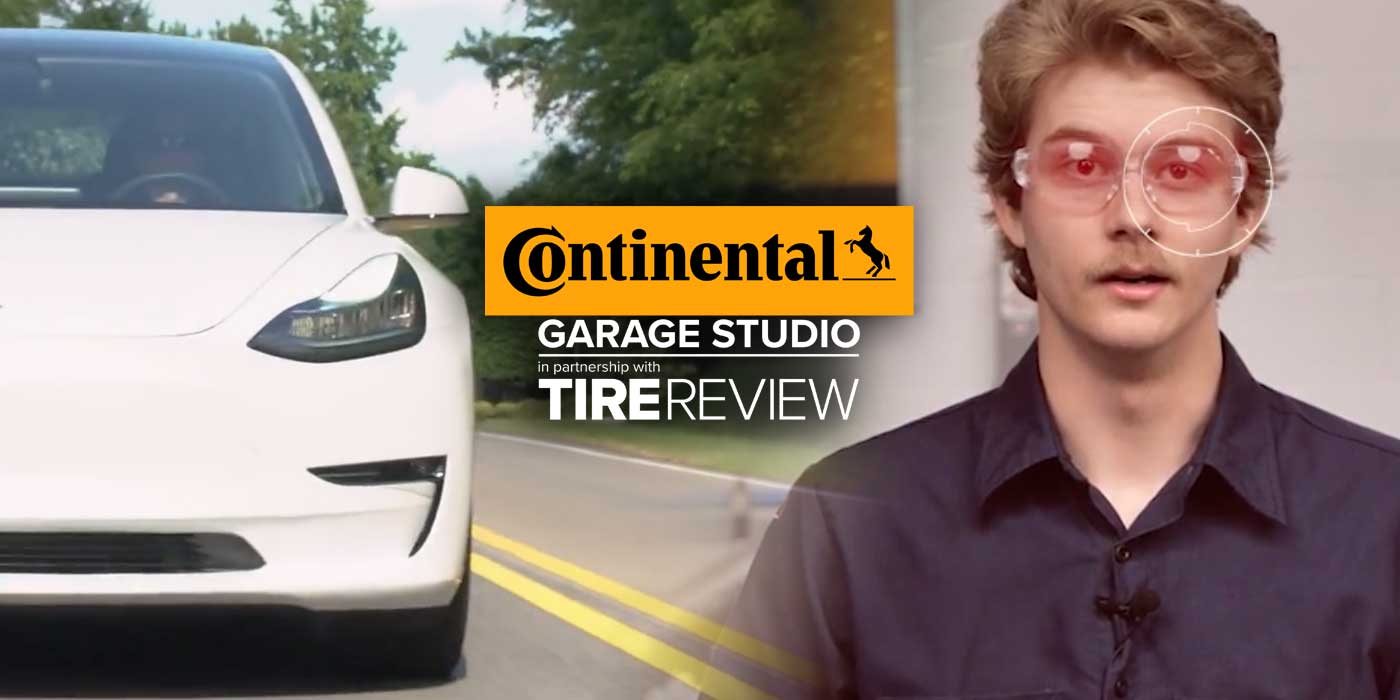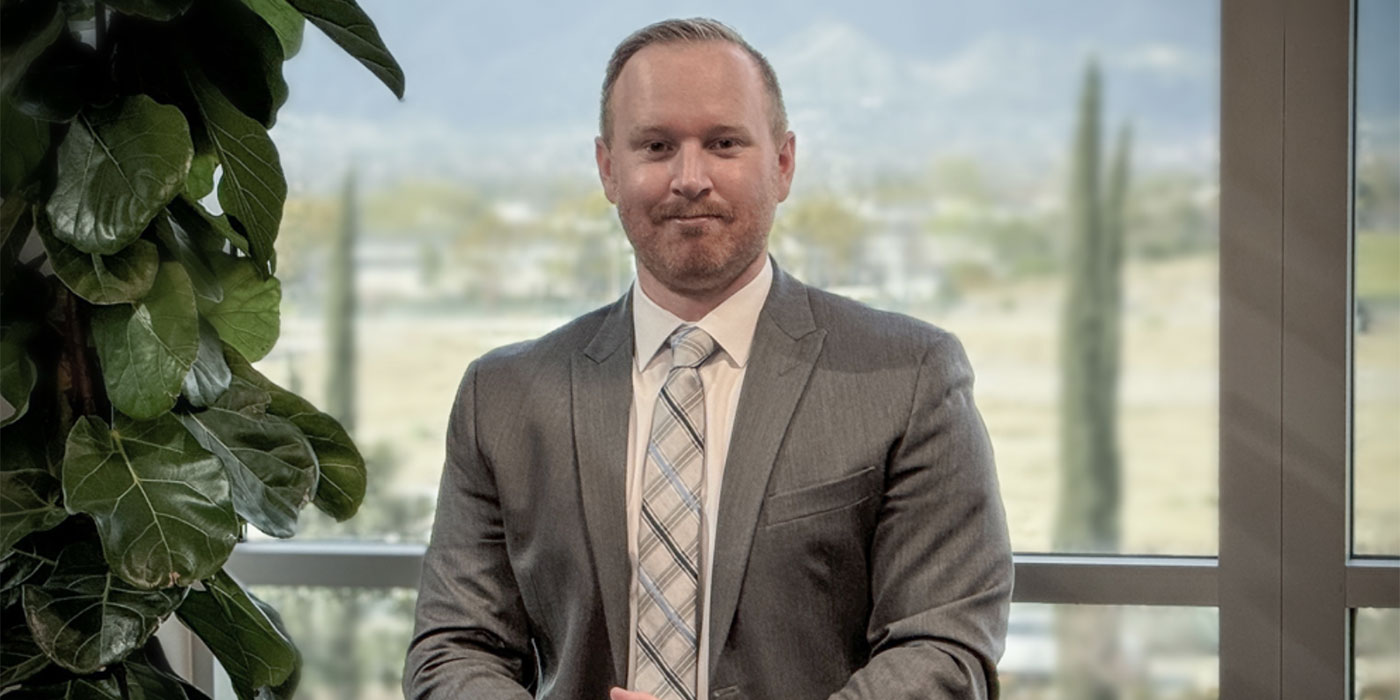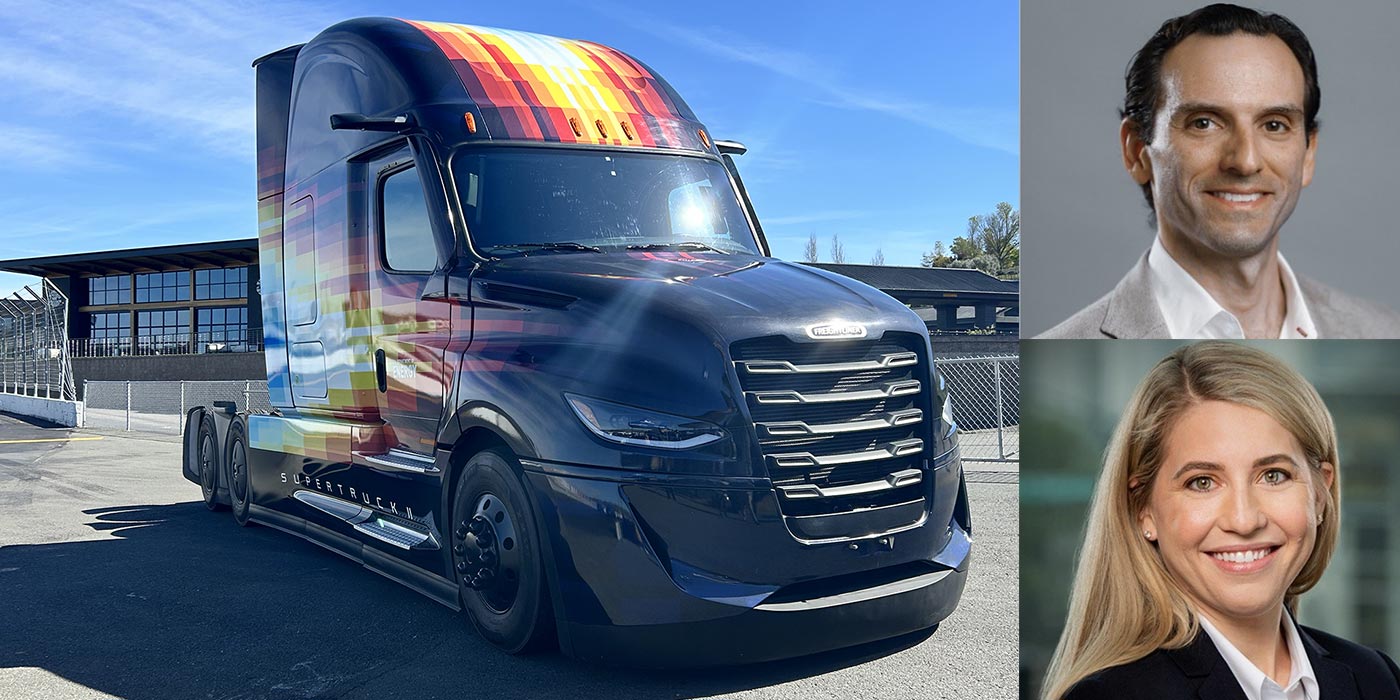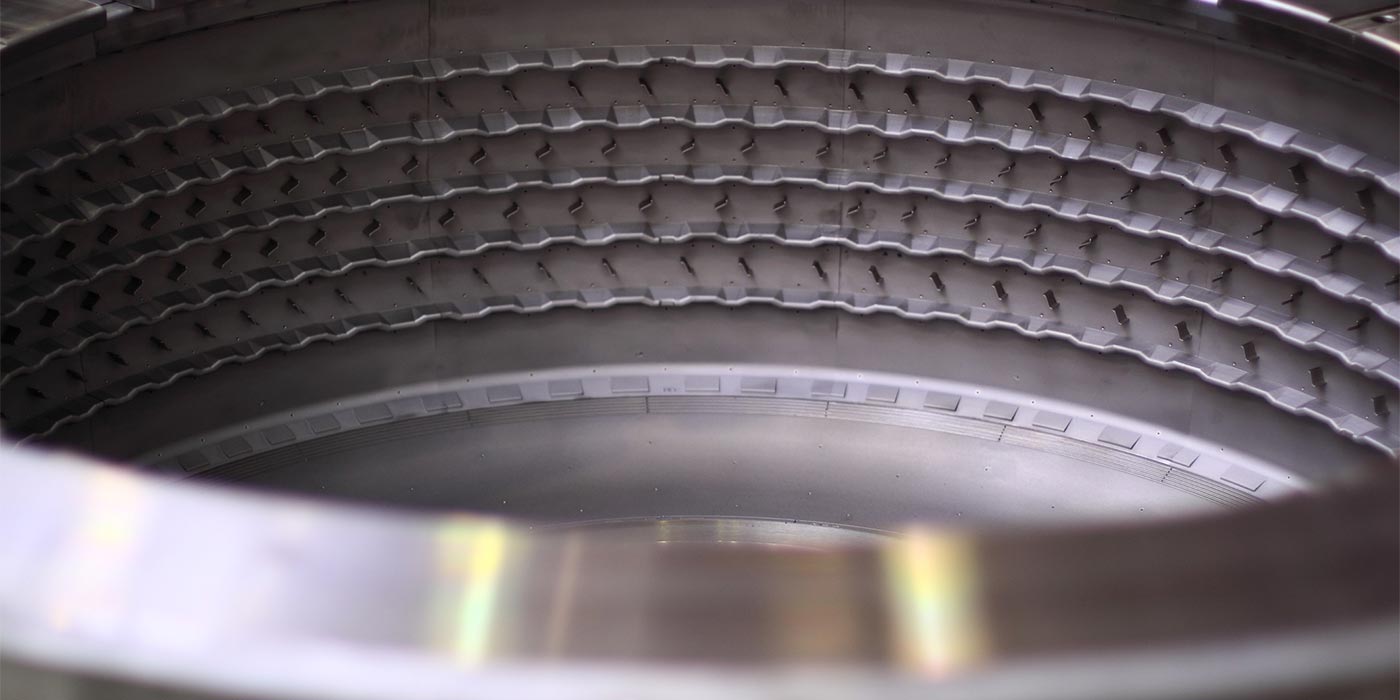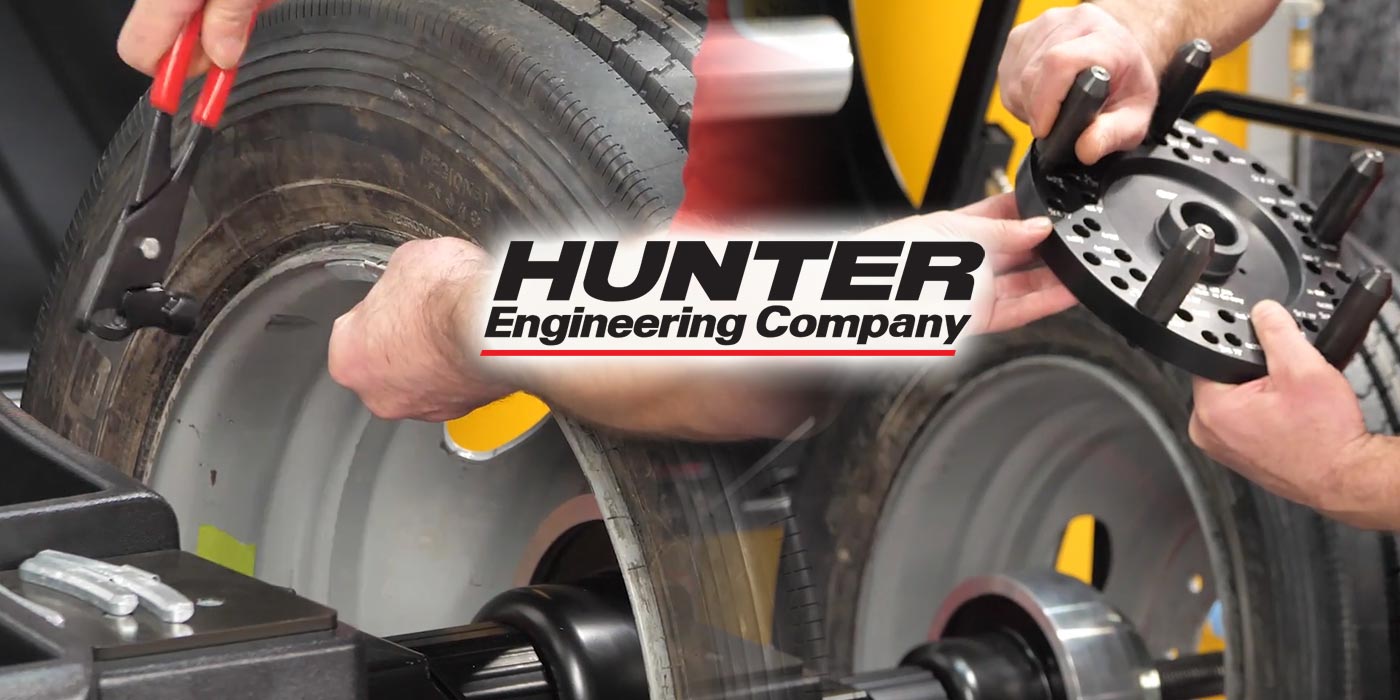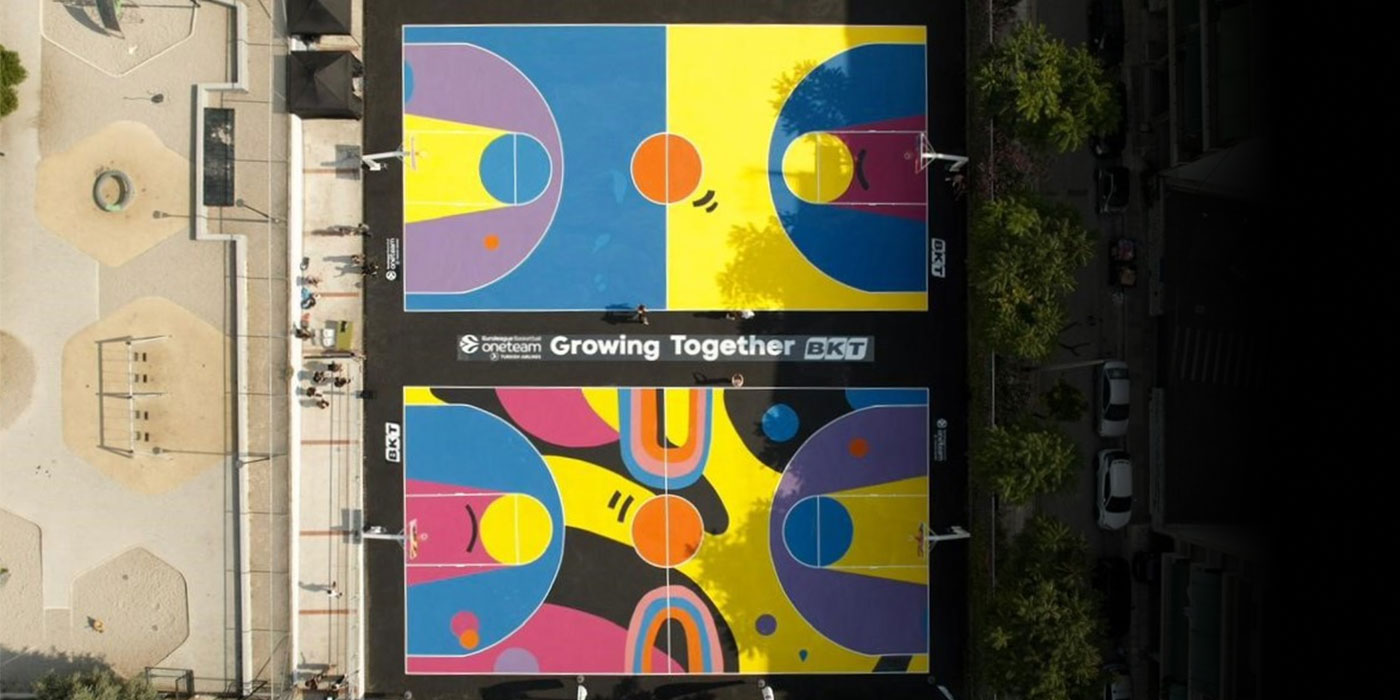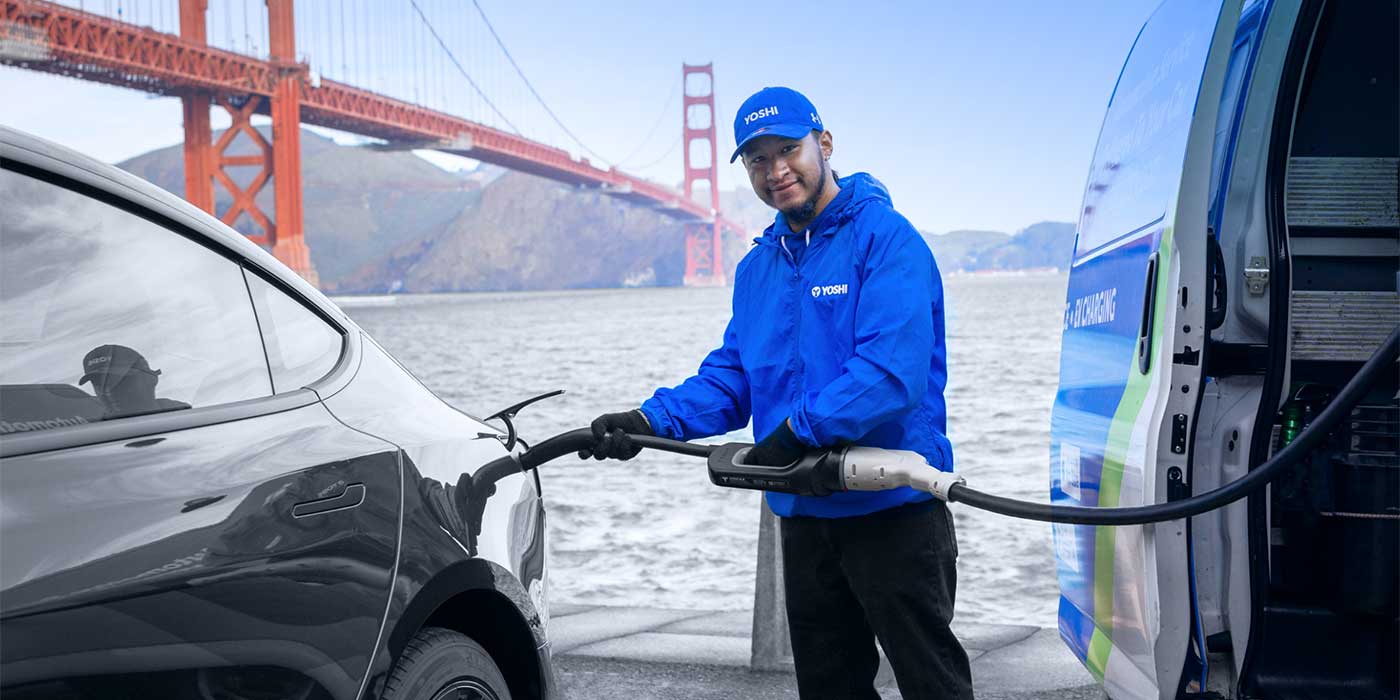The company was founded in the city of Chennai, previously known as Madras – hence the abbreviation MRF, which is short for Madras Rubber Factory. Today, the manufacturer can proudly look back at its 60 years of history, and also show pride in its current annual turnover of 42.5 billion rupees (£486 million). According to analysts, MRF today holds a 24 per cent slice of the Indian tyre market and is also very active in export business as well as motorsports. Company sources state that MRF currently exports its products to 75 countries.
As recently as last December, chairman K.M. Mammen announced that MRF Ltd. was planning to invest approximately 5 to 6 billion rupees (£57 to 69 million) over the coming two years into the expansion of its production facilities. “There is an enormous demand from the domestic replacement market as well as from the OE customers,” the entrepreneur said during the presentation of MRF’s latest annual report in Chennai.
Together with Apollo Tyres, JK Industries and CEAT, MRF holds an undisputed claim of being a market leader in India, and the company’s OE tyres constantly rank highest in the J.D. Power Asia Pacific customer satisfaction survey on Indian tyres. For obvious reasons, the Indian tyre manufacturer is proud of this fact because it also directly competes with multinationals such as Bridgestone and Goodyear. Furthermore, MRF has come up trumps among tyre manufacturers in India’s “Top-500 Companies” ranking for the past 19 years in a row.
There are several telling factors behind this success: The decision makers at MRF don’t rest on their laurels and enjoy what they have achieved. Confirmation of this can be found in chairman and managing director K.M. Mammen’s announcement at the end of last year that MRF is going to invest 15 per cent of its annual turnover into the expansion of its existing production facilities over the coming 24 months without the need to borrow a substantial amount of money.
What’s more, the company’s most recent annual report shows that MRF is not only easily one of the largest players in India’s tyre manufacturing industry, but that it also is the most profitable one and thus sets a benchmark for the entire Indian tyre industry.
To what extent MRF will adapt to new competition from a heavily expanding Apollo Tyres in the near future remains to be seen. However, in the past, chairman and managing director K.M. Mammen usually responded in a fairly self-conscious manner when asked about competition and his company’s long-term outlook; and, his predictions were usually right.
During the annual shareholder’s meeting in 2004, for example, he was asked to comment on the newly founded radial truck tyre joint venture between tyre major Michelin and local competitor Apollo Tyres and how that would affect MRF’s potential to remain market leader in India. “It is not going to impact us. MRF’s traditional R&D strength has started yielding enduring results as never before,” he told the Economic Times of India. At the end of the same year, Apollo retreated from the joint venture, leaving Michelin with little more than ambitious plans for the future.
While companies such as Apollo Tyres, JK Industries or Ceat are strongly focused on the production of heavy commercial tyres, MRF has a more balanced array of products. While it is also true that other manufacturers offer products for (almost) all the different automotive tyre segments, motorcycle tyres are frequently overlooked. MRF from Chennai, in contrast, does not only rely upon its leading position in the Indian truck, passenger car and agriculture tyre markets but also participates in the two-wheeler market, which still remains a very important segment in the Indian tyre market.
MRF is the brand generally regarded as the best-established tyre brand on the Indian market and is thus also regarded as the domestic price leader. Furthermore, MRF supplies a local network of about 2,500 tyre outlets across India. Independent Indian tyre dealers can become partners in MRF’s franchise network, known as “MRF Tyres & Service.” This again helps the company to retain its dominant market position in India.
The tyre major, which is still owned by the Mammen family, is – as previously mentioned – going to invest about 5 to 6 billion rupees over the coming 24 months in the expansion and modernisation of three of its six production facilities. The factories in the Union Territory Puducherry south of Chennai – MRF’s most modern facility, the Arakonam factory (Tamil Nadu) as well as the facility in Medak (Andrah Pradesh) are going to benefit from this investment programme. The company’s other facilities are based in Tiruvottiyur (Tamil Nadu), Ponda (Goa) and in Kottayam (Kerala). As chairman and managing director K.M. Mammen and his marketing director Philip Eapen recently announced, this investment will play a major role in MRF’s attempt to establish an even stronger position in the rapidly developing and consolidating Indian tyre market.
As building entirely new factories would require vast expenditure, the company has decided to expand existing plants rather than spending money on a greenfield project. In Puducherry, for example, the company intends to increase the production capacity for tubeless radial PC tyres from its present 300,000 units per year up to 400,000 units. In Arakonam, production capacity will also be increased by about 100,000 (two-wheeler) tyres, allowing the company to produce up to 600,000 units there per year. In Medak, in turn, light truck tyre production capacity will be increased by 15,000-20,000 up to 100,000 units. At the same time, the company has announced, MRF is investigating the possibility of implementing production capacities outside of India, although MRF says there are currently no specific plans to do so in the pipeline.
During the business year that ended in September 2006, MRF again was able to substantially increase its turnover. In 2004/05 MRF reported an annual turnover of 34.5 billion rupees (£394 million), one year later this was already 42.5 billion rupees (£486 million), which represents an increase of more than 22 per cent. For the current year, MRF hopes to achieve an annual turnover of more than one billion US dollars. This is regarded as a major step in the company’s development; becoming a member of the “billionaires’ club” will in particular seal MRF’s claim to leadership in the Indian tyre market, as competitor Apollo Tyres has also announced it will break this threshold during the year following its purchase of Dunlop International from South Africa last year.
Apart from MRF’s distinct growth in turnover last year, during the presentation of the company’s annual report, K.M. Mammen and Philip Eapen were also able to highlight that the tyre major had earned more money than the year before. Pre-tax earnings increased to 993.5 million rupees (£11.4 million) a boost of 80 per cent compared to 2004/05 when the company earned 554 million rupees (£6.3 million). Even more significantly, MRF Ltd. was able to increase its net profit by about 98 per cent up to 773 million rupees (£8.8 million). The muscleman is definitely flexing its muscles.

